Supporting Children & Young People who have experienced Harm or Abuse
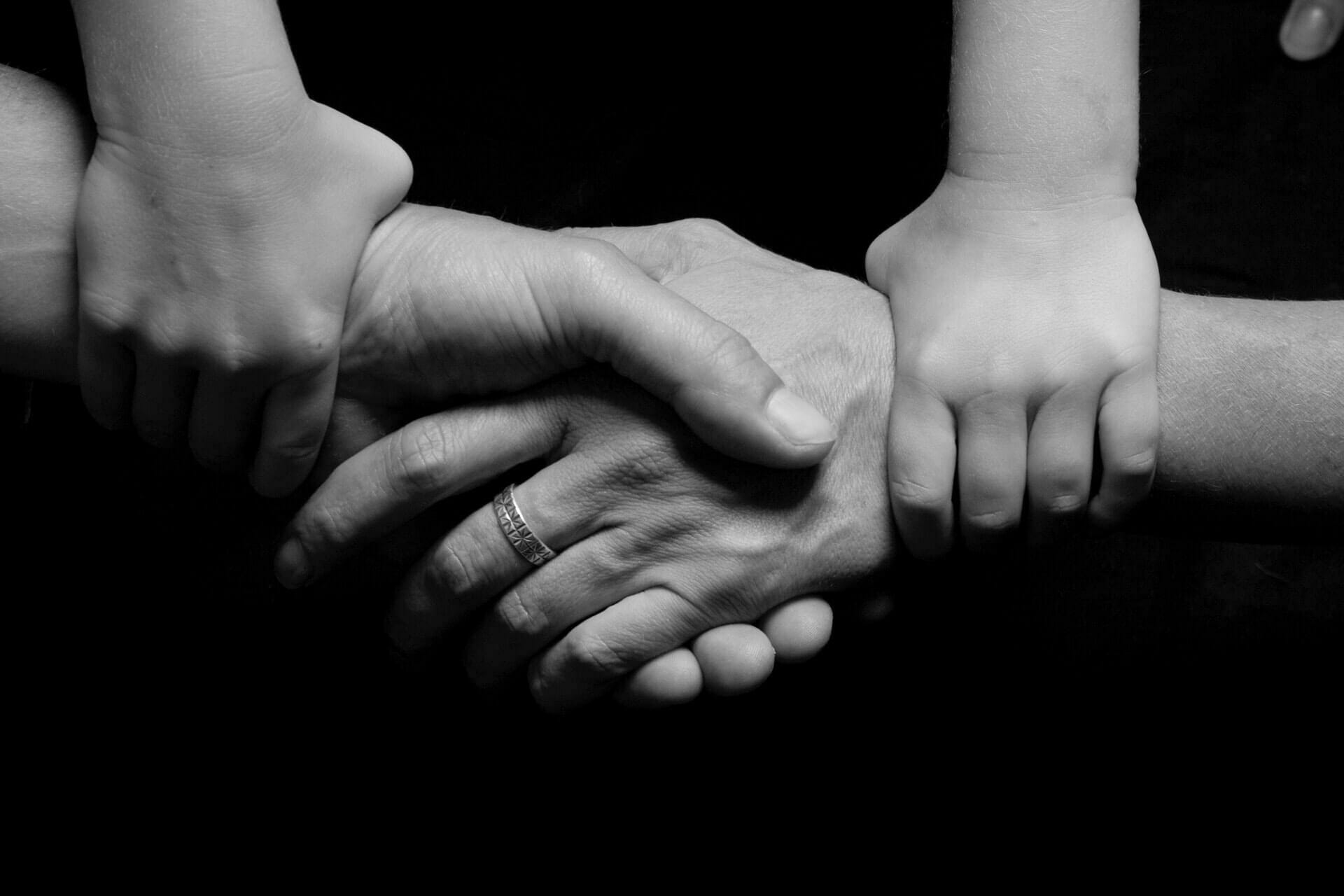
This online course will consider what experiences children and young people may have had, what your role is, and how to respond if they disclose harm or abuse to you. We look at recording, reporting and who should be involved, as well as the emotional and behavioural impacts it may have upon them.
We consider you and how you may feel, having been involved in a disclosure, what practical steps you can take to process your emotional reaction and where to go to access support. We will also provide you with links to additional reading materials or sites that we think you will find useful and there are some videos to watch along the way.
The types and definitions of harm and abuse are covered in our course "Safeguarding and protecting children and young people in residential childcare". This course follows on from the safeguarding course, therefore, we recommend that you do the safeguarding course first.
This course is part of our unlimited Course and Certificate package
Pricing for Social Care Training starts from £3 per person per month inclusive more info>>
Who should take this online course?
This online course has been designed specifically for people working with children and young people and provides focus for residential settings. It may also be useful to a wider audience of people who would like to know more about supporting children who have experienced harm or abuse. The training provides content to meet qualification units relating to residential childcare.
We offer our courses for your LMS as SCORM files. Depending on the scope of what you need there may be a charge for this. Please connect to discuss it with us.
Course Content
1.1 Explain the role and responsibilities of the practitioner in relation to children and young people who have experienced harm and abuse
1.2 Explain the roles and responsibilities of others with regard to children and young people who have experienced harm and abuse
1.3 Explain the importance of establishing trusting relationships with children or young people who have experienced harm or abuse
2.1 Explain why it is important to take full account of a child or young person’s level of understanding when responding to a disclosure of harm or abuse
2.2 Explain how to avoid actions or statements that could adversely affect the use of evidence in future investigations or in court
2.3 Explain the importance of supporting a child or young person to understand a) with whom the information they disclose will be shared and b) the reasons for sharing information they disclose
2.4 Describe ways to support a child or young person to disclose, at their own pace, the harm or abuse they have experienced
2.5 Explain why it is important to respond calmly to disclosures of harm or abuse
2.6 Explain why records about disclosures of harm or abuse must be detailed, accurate, timed, dated and signed
2.7 Explain how to access support in situations that are outside the expertise, experience, role and responsibility of the practitioner
3.1 Identify sources of information and guidance about how to support a child or young person who has experienced harm or abuse
3.2 Describe ways to support a child or young person to deal with distress, fear and anxieties caused by harm or abuse
3.3 Explain why a child or young person may need support to understand the implications of harm and abuse they have experienced
3.4 Describe positive coping strategies that a child or young person can be supported to develop following harm or abuse
3.5 Describe behaviour that a child or young person may exhibit that might give cause for concern following harm or abuse, and the steps to take if these are observed
4.1 Explain circumstances when restrictions need to be imposed on the involvement of key people following harm or abuse
4.2 Describe ways of supporting a child or young person to understand why safe and consistent boundaries for themselves and key people must be set and maintained
5. Understand how to address the practitioners support needs in relation to harm or abuse
5.1 Describe how to make effective use of supervision to reflect on own emotional response about harm or abuse experienced by a child or young person
5.2 Explain when additional support might be needed for dealing with own thoughts and feelings about harm or abuse
Aims of the course
By the end of the training course, you will:
- Understand the role and responsibilities of the practitioner and others when supporting children and young people who have experienced harm or abuse
- Understand how to support children and young people who disclose harm or abuse
- Understand how to support children or young people who have experienced harm or abuse
- Understand restrictions on the involvement of key people with children or young people who have experienced harm or abuse
Course Screenshots
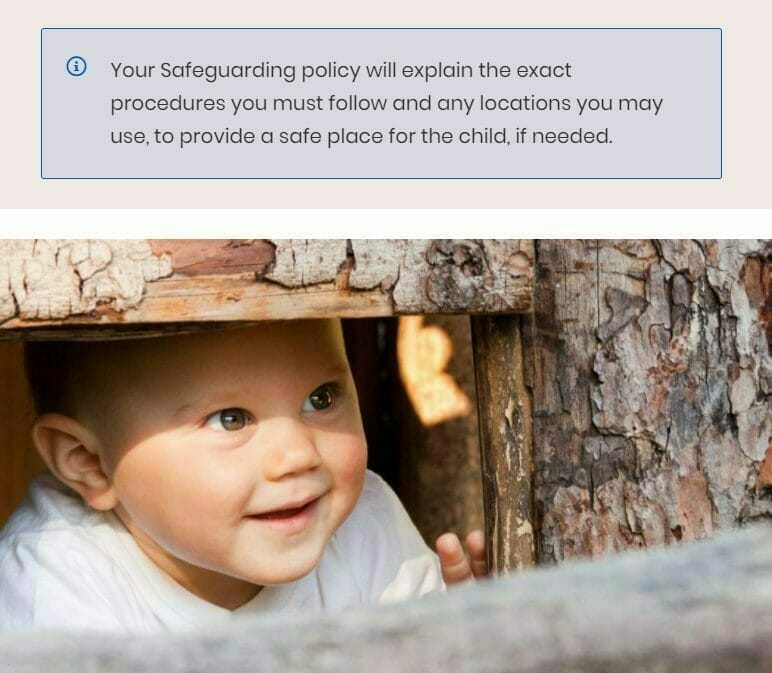
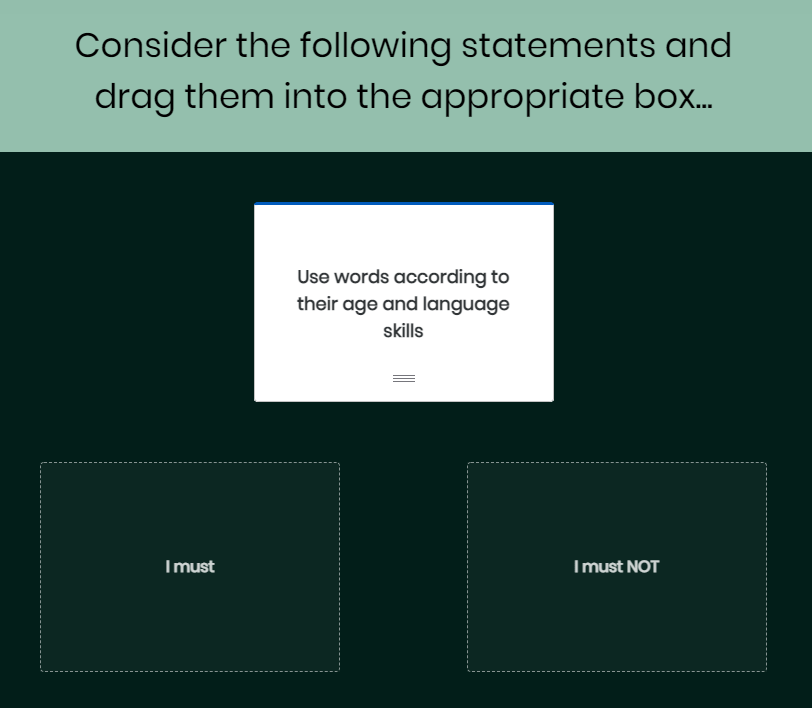
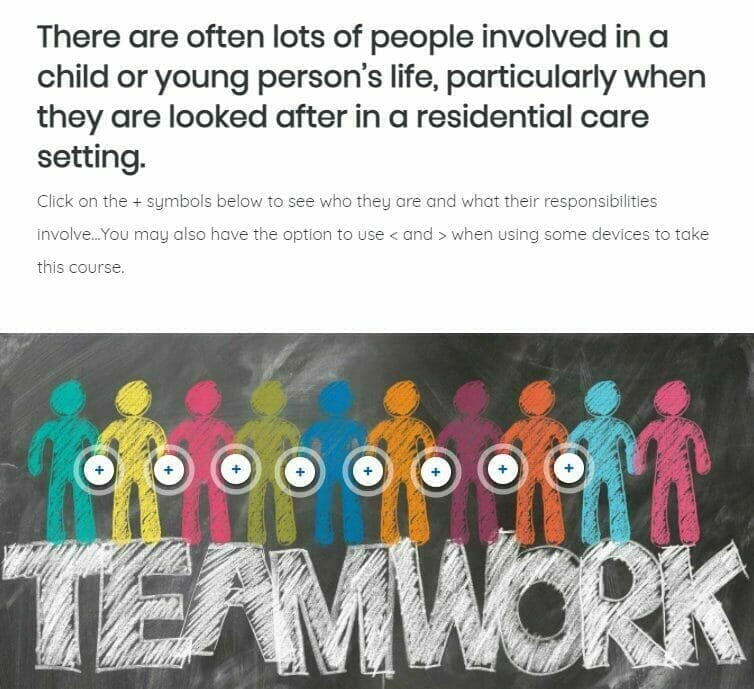
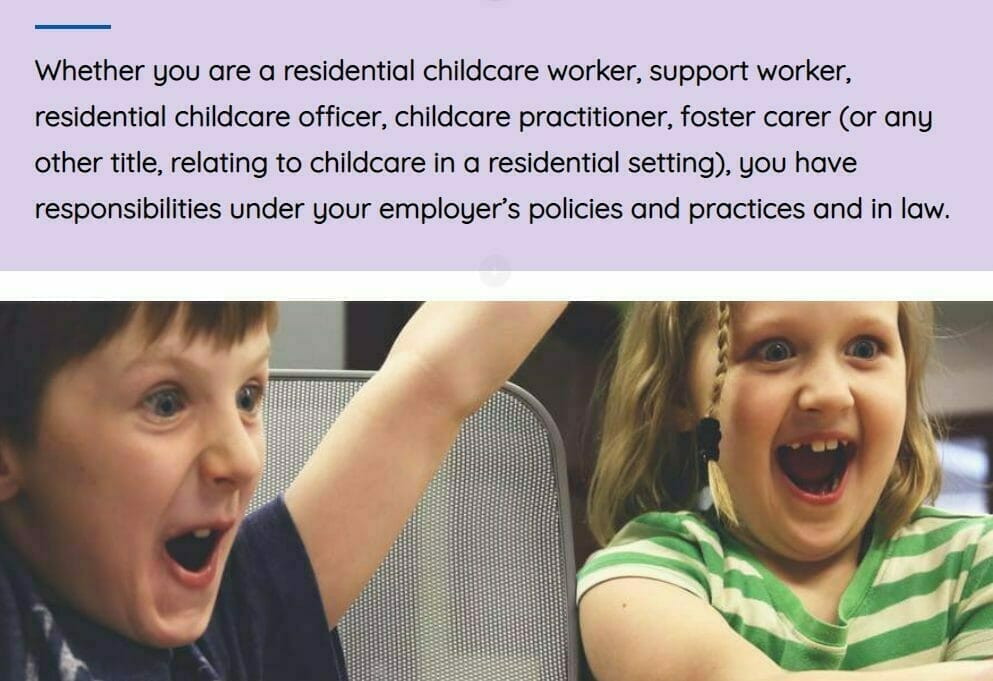
Social Care Unlimited Course and Certificate Package
Price options are per user per month, inclusive
- Most FlexibleMonthly Plan 6 excluding VATUnlimited Access to ALL coursesNo set-up fees or hidden chargesTraining MatrixPrice per person, per month1 month notice period
- Better than Half PriceAnnual Plan 3 p/month (exc. VAT)Unlimited Access to ALL coursesNo set-up fees or hidden chargesTraining MatrixPrice per person, per yearBilled Annually
- For organisationsMultiple Plan POA For multiple staff, contact us for a demo, bespoke pricing and a dedicated account managerUnlimited Access to ALL coursesNo set-up fees or hidden chargesTraining MatrixPOANotice Period: By arrangement
Recycle Licences
Our plans allow organisations to recycle licences instead of always purchasing more credits - no hidden charges for changes in staff! If you would like to purchase more than 50 licences, book a demo and know more please contact us.
If you sign in to your account on Click before you take this training course, you will be able to change the accessibility settings to suit your needs. This includes translation into 100+ languages, some of which can also be read out loud to you.
Supervision Skills for Managers
FREE Supervision Skills for Managers Online Training Course Supervision is linked to fundamental standards, which in turn, are linked to the Care…
PPE (COVID-19) Essentials
PPE (COVID-19) Essentials Online Training Course PPE is used in all areas of industry to protect employees from hazards. In health and…
Stress and Resilience Course
Who should take this course? This course has been designed specifically for Care and Support Workers working in a social care setting….
Why use Grey Matter Learning?
- Our methodology values previous learning, saving time
- Clever accessibility settings including 100+ languages
- 100+ high quality courses, specially written for care
- Join thousands of services and local authorities
- Proven to reduce staff turnover and improve CQC ratings
- Established 15 years - we know what works
- Skills for Care Centre of Excellence, CPD certification
- No hidden charges, we recycle your licences


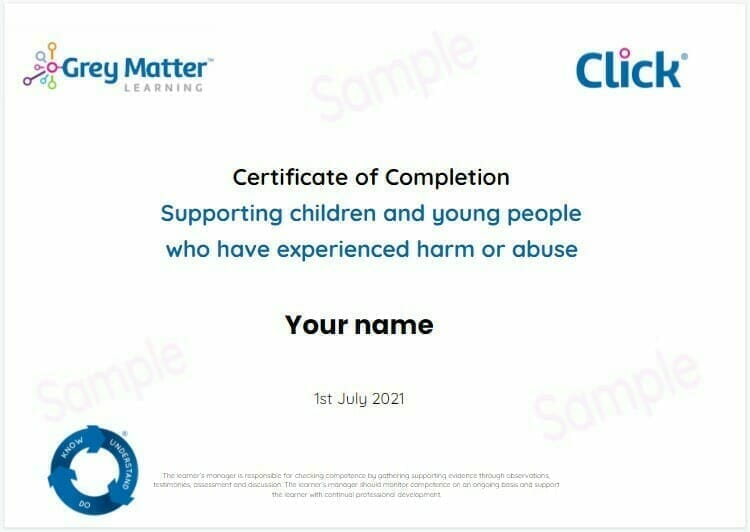





Social Care Hubs